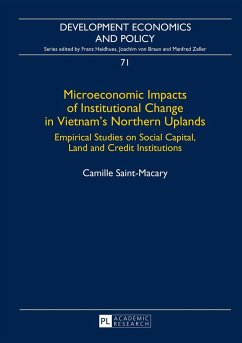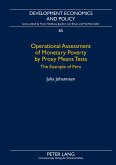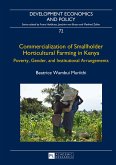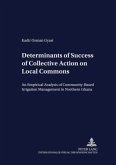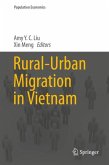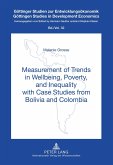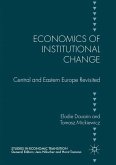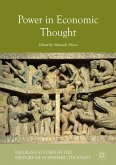The Doi Moi reforms initiated in Vietnam in 1986 to lead the transition from a centrally-planned to a market-oriented economy have entailed deep institutional transformations. At the national level, achievements have been impressive, the high economic growth in all sectors of the economy have permitted to divide poverty incidence by three in the country since 1993. Mountainous regions and its inhabitants, however, have lagged behind in the process. There, the combination of poverty and the degradation of natural resources remains a pressing issue. Drawing on a conceptual framework that highlights the determinant role of institutions in the poverty-environment nexus, this book investigates the sources of success and failure in the current institutional framework to address objectives of equity, economic growth and environmental sustainability in Vietnam's mountains. The empirical investigation uses an original dataset collected in a rural district and examines three critical dimensions: the definition of land rights, the functioning of credit markets, and the formation of social capital.
Bitte wählen Sie Ihr Anliegen aus.
Rechnungen
Retourenschein anfordern
Bestellstatus
Storno

